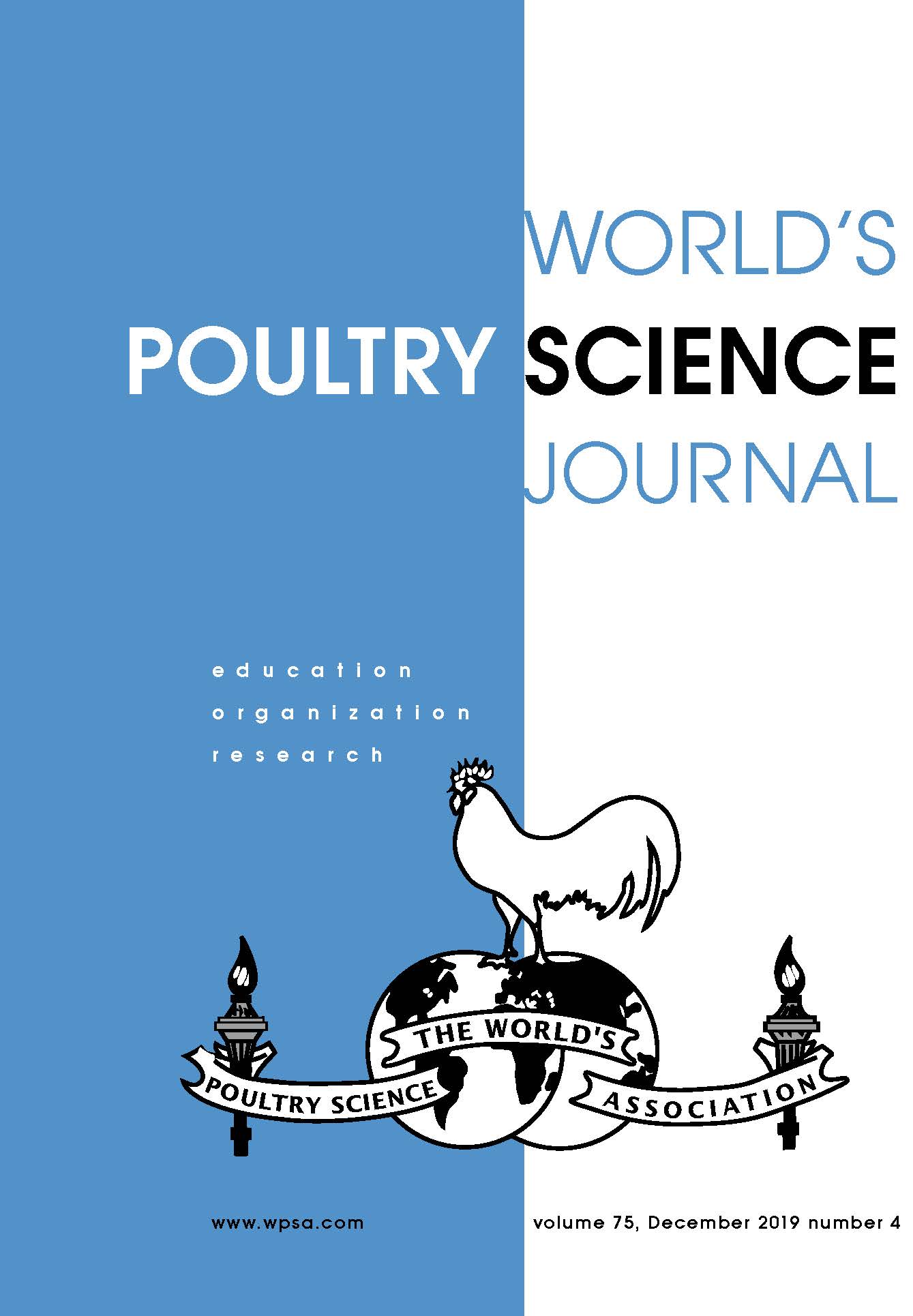Article contents
Composting of poultry dead birds and litter
Published online by Cambridge University Press: 02 December 2015
Abstract
Composting is the enhanced biological decomposition of organic materials in a primarily aerobic environment. During the process, microorganisms break down organic materials to stable, usable organic substances in a process which consumes oxygen and releases heat, water, and CO2. Under controlled conditions, the composting process is described in two phases, primary and secondary. Chemical and physical properties of the raw wastes affect the rate of composting. Particle size and surface area of the waste material influence the type of microorganisms involved and the degree of biological activity in the composting process. Composting allows safe disposal of birds and manure and reduces environmental degradation. Composting of poultry manure and dead birds is still a debatable topic, however, with some scientists in favour of composting due to its overwhelming advantages while others are against composting due to certain disadvantages/environmental hazards. The present article is an effort to encompass the overall composting process, its applications as well as troubleshooting various associated issues.
- Type
- Reviews
- Information
- Copyright
- Copyright © World's Poultry Science Association 2015
References
- 4
- Cited by


